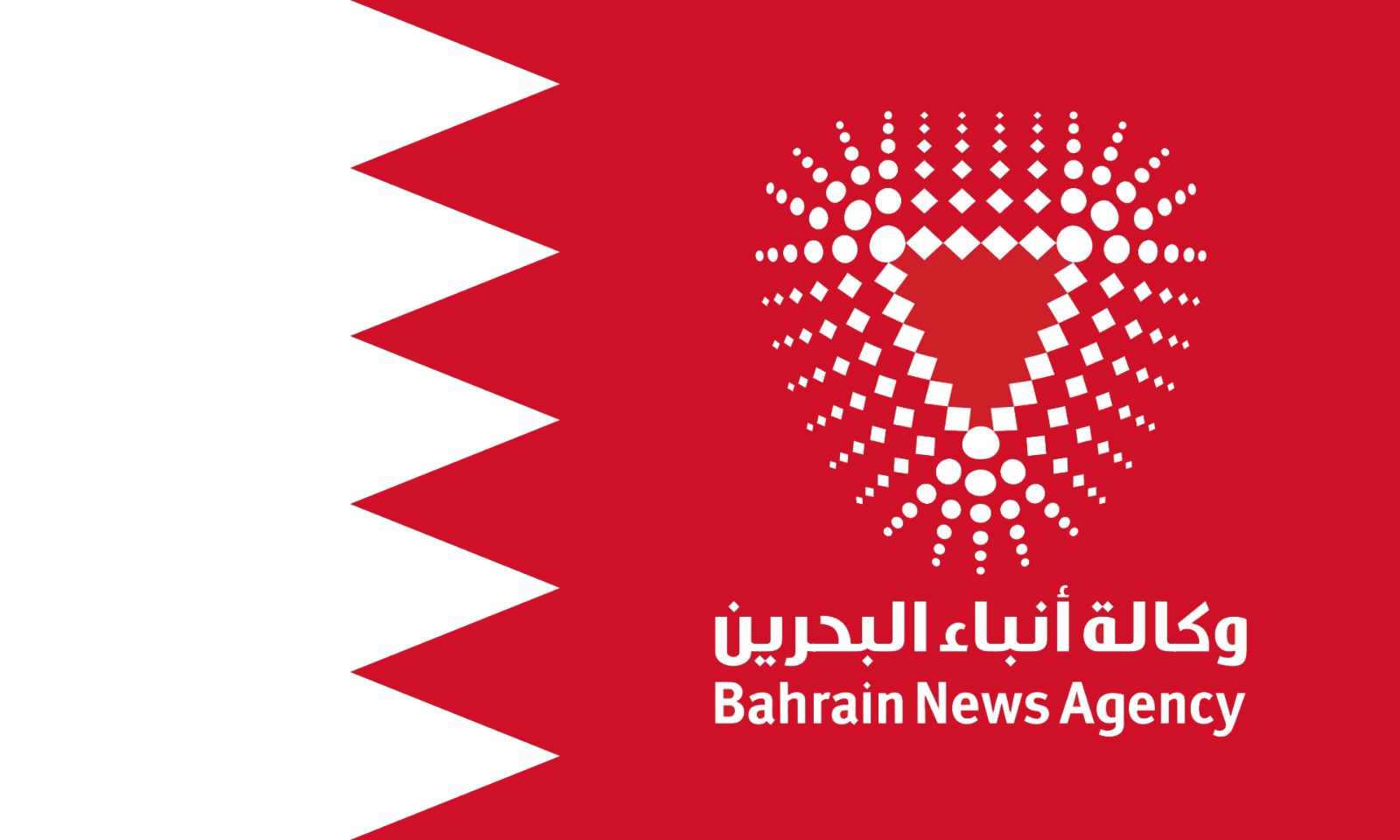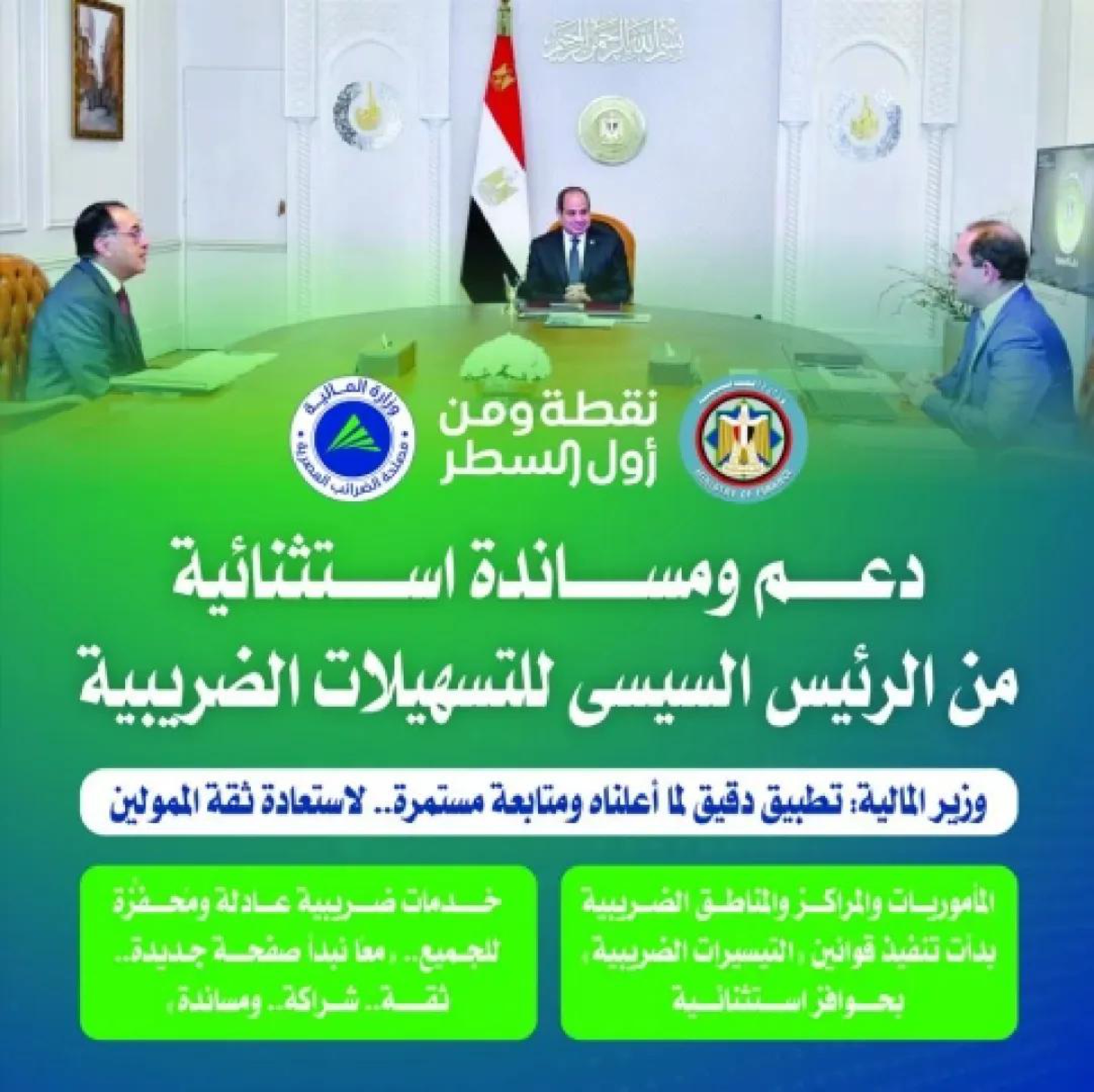The Baghdad Declaration affirmed the Arab countries’ commitment to advancing sustainable development in the Arab world, and their adoption of a range of initiatives aimed at supporting food security, economic integration, digital transformation, and community empowerment.
The leaders praised the report of the Secretary-General of the Arab League on joint Arab economic, social, and developmental action, expressing appreciation for its realistic diagnosis and comprehensive future vision.
They also commended the efforts of the General Secretariat in following up on the implementation of the decisions of the fourth summit held in Beirut in 2019.
The leaders adopted Mauritania's initiative on the blue economy, considering it a strategic approach to ensure food security and the sustainability of marine resources. They also welcomed the Arab Artificial Intelligence Initiative, calling for the adoption of modern technologies to support inclusive development and build Arab knowledge-based societies.
The Arab leaders also welcomed Iraq’s initiative to establish a Council of Arab Ministers of Trade to enhance institutional coordination and economic integration among Arab countries.
They also praised Egypt's experience in combating Hepatitis C, considering it a regional model, and commended the UAE’s “Makers of Hope” initiative, describing it as an “inspiring model” in development and humanitarian work.
Additionally, they expressed support for Bahrain’s satellite project “Al-Munther,” as part of a unified Arab vision for advancing space leadership.
The Baghdad Declaration endorsed the Arab Food Security Strategy (2025–2035), calling for the mobilization of resources for its implementation.
It also renewed support for reconstruction efforts in Yemen and Sudan, emphasizing the importance of integrating both countries into the Arab development system.
The Declaration further affirmed rejection of attempts to displace the Palestinian people, calling for support of a project to shelter displaced Palestinian families, and endorsing the solar energy project in Palestinian camps to improve the living conditions of refugees.
It also called for lifting energy sector sanctions on Syria due to their negative impact on national development, and approved the implementation plan for the Arab Water Security Strategy 2030, along with supporting the small ruminant livestock project to enhance food security.
The Baghdad Declaration emphasized the need to invest in human health resources and to train healthcare workers, adopted a plan to develop technical and vocational education, and called for an Arab strategy for school and university health.
The Arab leaders approved the strategic framework for the economic and social empowerment of Arab women and its accompanying action plan.
They also called for a unified Arab preparation for the Second World Summit on Social Development and adopted a declaration of principles on the future of human resources in light of the technological revolution.
The Baghdad Declaration stressed the importance of sustainable financing and called for the creation of innovative mechanisms to support strategic projects. It welcomed the convening of the Arab Youth Forum and the Civil Society Forum and valued their role in strengthening community partnerships.
The Arab leaders concluded the Baghdad Declaration by emphasizing the implementation of the Arab Strategy on Youth, Peace, and Security (2023–2028) and the need to provide an enabling environment to enhance the role of youth in building the region’s future. (MENA)
M S H/R G E
OPEN// Baghdad Declaration urges immediate end to Gaza war, fully supports reconstruction plan - 10 last Baghdad
العراق/Arab Summit/Arab world
You have unlimited quota for this service





 ar
ar en
en fr
fr






